Year of the Tiger
GI China colleagues are celebrating the New Year in style
Our colleagues at GI China are in the midst of Lunar New Year celebrations and looking forward to the annual Lantern Festival next Tuesday. Chinese New Year officially started on February 1st, with seven days of public holidays over the traditional 16-day celebration. This period marks the transition of the zodiac sign from the Ox in 2021 to the Tiger this year.
Tigers are the third animal of the Chinese zodiac and it is said people born in this year are ambitious, daring and courageous, enthusiastic and generous, self-confident with a sense of justice and a commitment to helping others for the greater good.
Some of our colleagues from the Shanghai office shared details of how they celebrate this very special holiday.
 Al Chen
Al Chen
Business Development Manager, China, GI
Above all, Lunar New Year represents family for me. Across China, close family get together and during normal times before Covid, many people travel long distances to celebrate Chinese New Year. On New Year’s Eve, we will cook a big meal for all the family to share and the children will receive “hongbao” (a red envelop with cash inside) with blessings from the elders in the family. With most people being on holiday at this time, relatives and friends will visit each other’s homes for the next 10 days, giving New Year’s blessings.
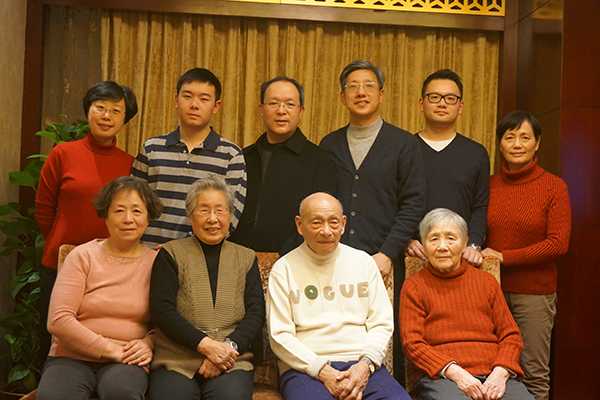
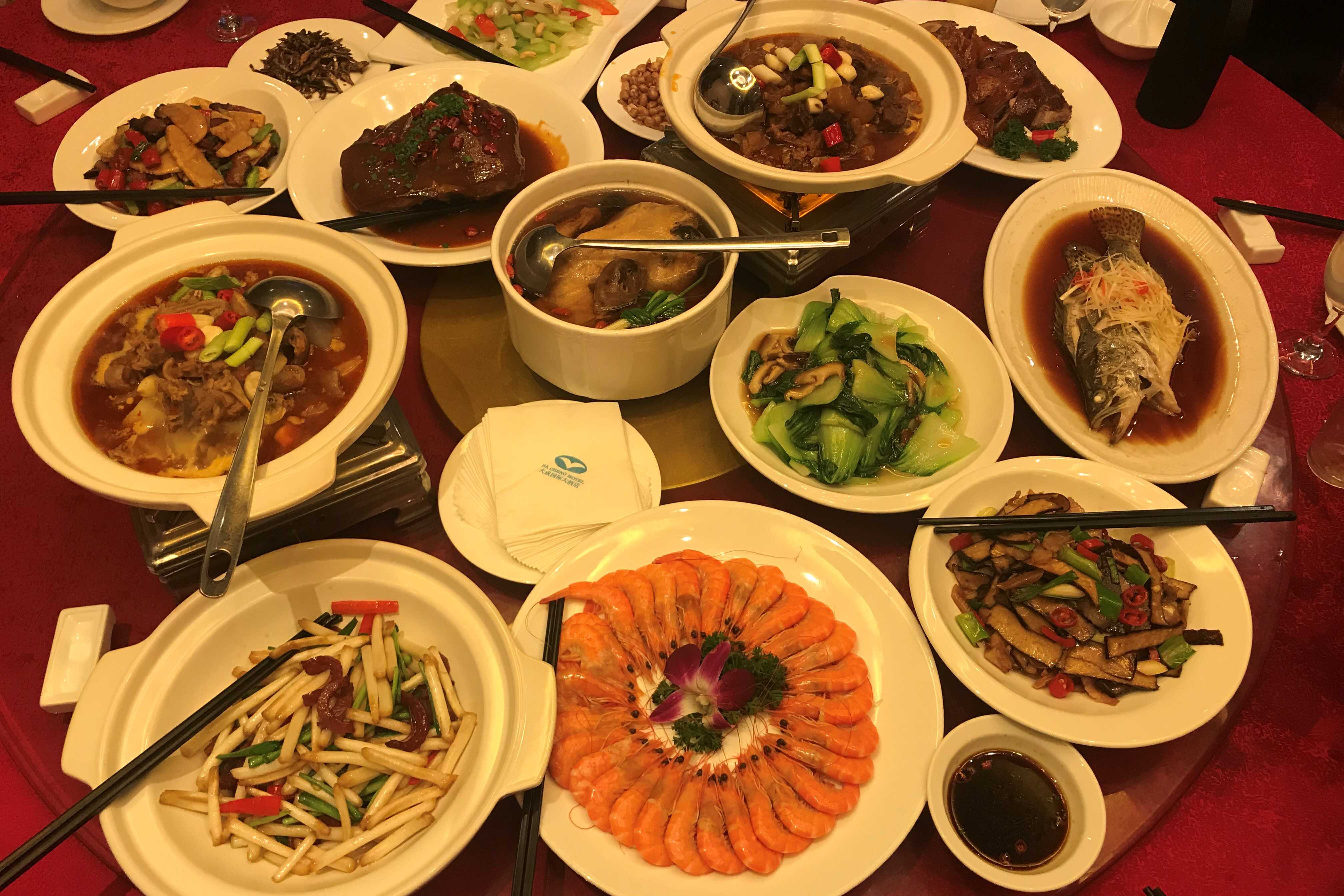
 Haley Zhang
Haley Zhang
Marketing Assistant, China, GI
Preparations begin a few days before Chinese New Year. On the 24th day of the 12th lunar month, the house will be cleaned and decorated. Next, we will do some food and gift shopping for the CNY. On New Year’s Eve, I and the other adults give red envelopes to the youngest children to bless them. My whole family has dinner together while watching the Spring Festival Gala. On the first day of the Lunar New Year, I will stick couplets and “Fu” marks together with my grandfather and my cousin. Under normal circumstances, we would receive guests who come to pay New Year’s greetings, but because of Covid-19, people will not come as usual. We will only enjoy the company of our family at home.
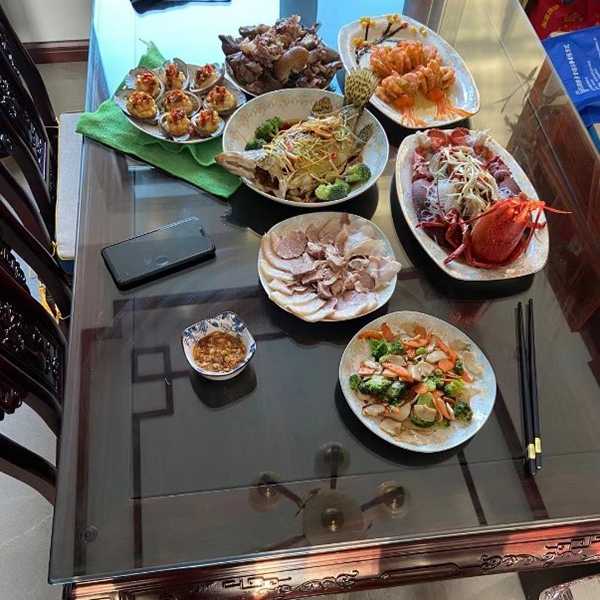
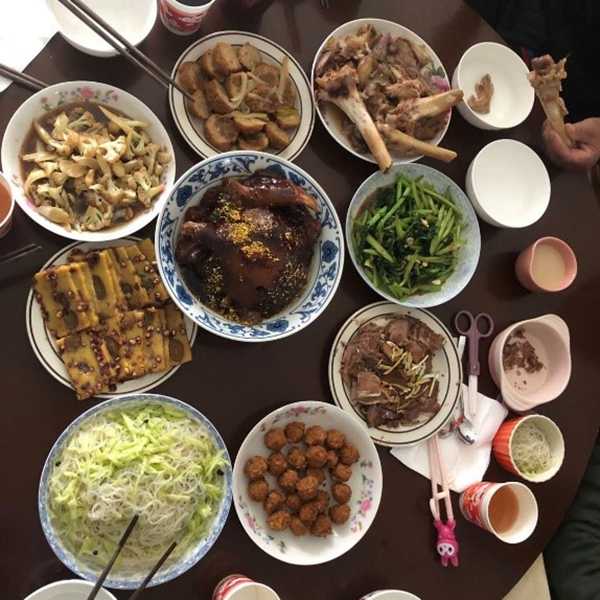
Some of the Chinese delicacies pictured above include grilled oysters with garlic, braised pork ribs, braised prawns in lantern shape, steamed sea bass, steamed lobster, stewed pork bone, braised Dongpo pork hock with brown sauce, beef in sauce, fried vegetable meatballs, red bean rice cake, vermicelli salad, stir-fried vegetables.
 Amanda Cao
Amanda Cao
Ecommerce Assistant Manager (Tmall), China, GI
On the Eve of New Year’s, we cook a big dinner together and wait for the New Year bell at midnight. Then we cook some dumplings which have a lot of meaning in Chinese culture – fresh dumplings symbolise the beginning of a new year. Dumplings are shaped like a yuan treasure which was used as currency in imperial China, so they are also a symbol of prosperity.
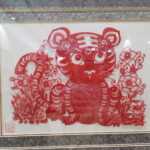 This is a papercut of the tiger Zodiac. Some Chinese families will cut some red paper-cut paintings and stick them on their windows (called window flowers) to set off the festive atmosphere during the Spring Festival. At present, many northern families still maintain this tradition.
This is a papercut of the tiger Zodiac. Some Chinese families will cut some red paper-cut paintings and stick them on their windows (called window flowers) to set off the festive atmosphere during the Spring Festival. At present, many northern families still maintain this tradition.
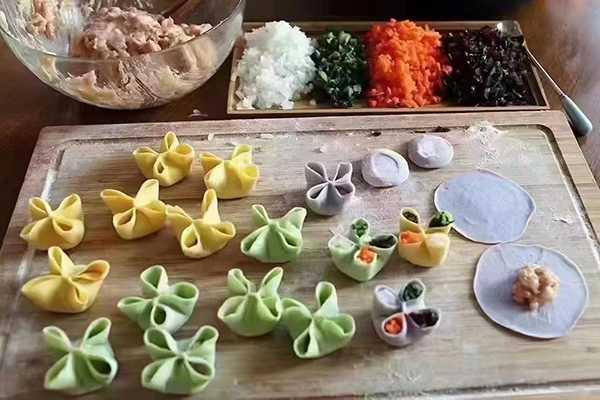
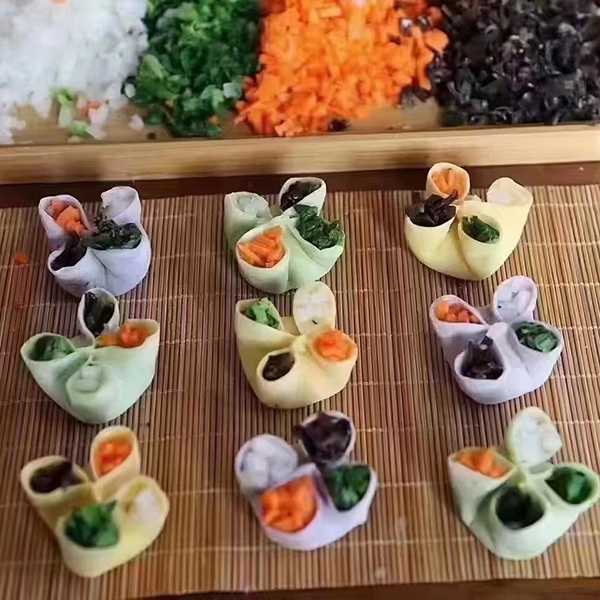
These are ‘Si xi’ (four happiness) steamed dumplings made during the Spring Festival last year. Four happiness means four major events – happiness, wealth, longevity and happiness. Taking this name will also get a good start for the next year.
The dumpling skin is dyed with vegetable juice of four colours and filled with four vegetables which are also distinguished by four colours. Then the shape of dumplings is also made into a shape with four pockets, which adds a new meaning to the traditional dumplings through three aspects of transformation.







